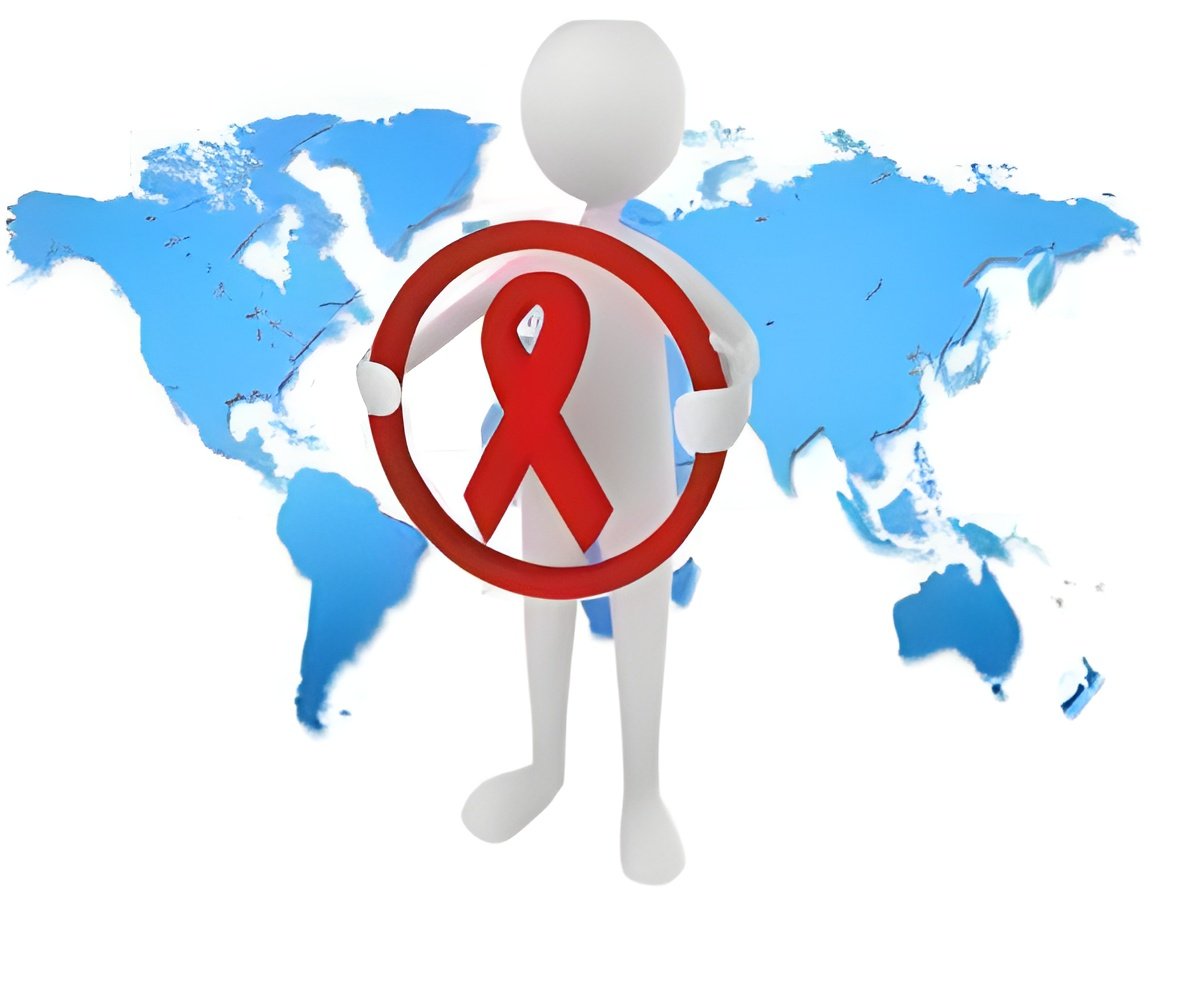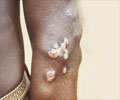
Most patients with HIV are cared for by physicians with HIV expertise in the community, and when they are hospitalized for non-HIV conditions, hospital providers who are unfamiliar with the complexities of HIV therapy may make errors that have an impact on their treatment, from prescribing medications that negatively interact with their ART regimens to providing the wrong dose of medication. The study found those errors can be reduced by employing a variety of interventions, including education, modification of the electronic drug file to help guide the accurate prescribing of medications, and daily medication profile review by a pharmacist specializing in HIV.
Additionally, researchers found involving an infectious diseases physician is key in improving hospital care: Errors were corrected in 68 percent of patients who saw an ID specialist vs. 32 percent of those who did not.
"Most HIV care has shifted from inpatient to outpatient, so hospital providers aren't as familiar with complicated ART regimens – and as a result, medication errors are common," said Elizabeth A. Neuner, PharmD, an ID clinical pharmacist at Cleveland Clinic and lead author of the study. "By enacting a multidisciplinary plan including pharmacists and physicians to prevent errors from happening or correcting them if they did, we were able to significantly reduce errors in ART medications."
In the two-part study, researchers looked at 162 patients with HIV who were treated in the hospital before the interventions were put in place, and 110 patients who were treated after changes were made. Errors – meaning guideline recommendations weren't followed – were made 50 percent of the time before interventions were put in place and 34 percent of time time after. When errors were made, they were resolved 36 percent in the pre-interventions group and 74 percent of the time in the interventions group. Errors were corrected much more quickly in the intervention group: an average of 23 hours, vs. 180 hours in the pre-intervention group.
Corrections varied, for example: prescribing accurate ART medication and dosage; adjusting the regimen because a new medication (such as for heart problems or diabetes) was interacting with one of the ART medications; and revising the therapy due to address a new problem, such as kidney injury. In some cases, physicians opted not to correct the error because the patient was doing well on the therapy and the benefits outweighed the risks.
Advertisement
Advertisement















